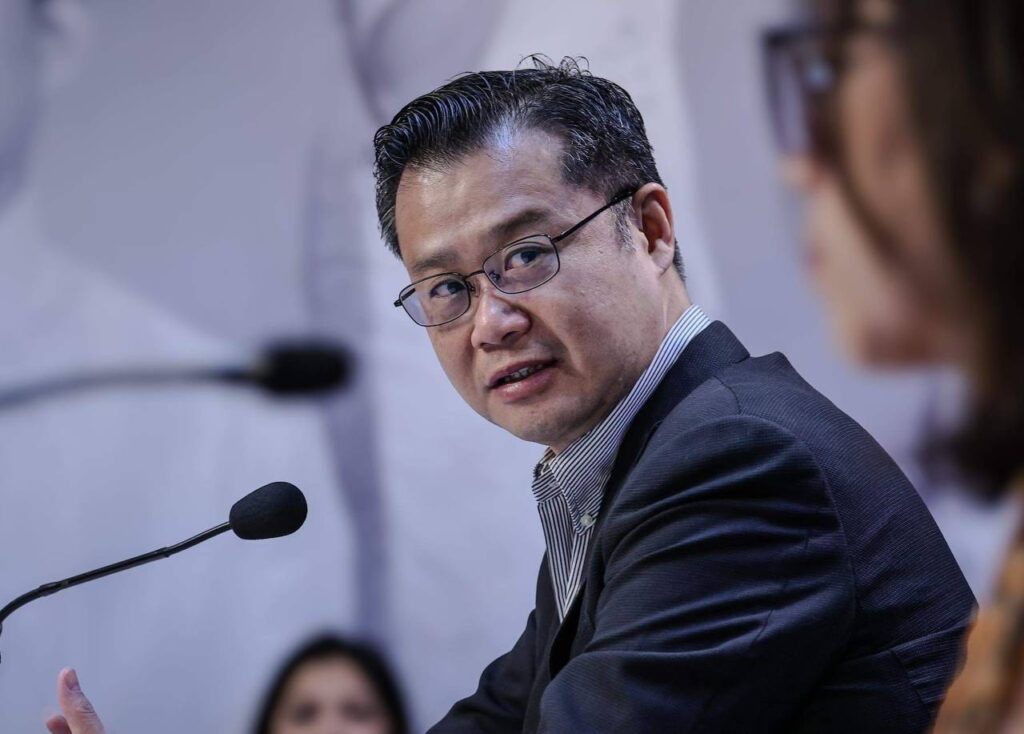The development of microgrids is necessary for the government to achieve full electrification of unserved and underserved areas in the country, Senator Win Gatchalian said.

Just recently, the Department of Energy (DOE) concluded the first round of competitive selection process (CSP) and awarded the development of microgrid systems in eight unserved areas in Cebu, Quezon, and Palawan to the Maharlika Consortium. The Consortium will provide electricity services to the said areas 24/7. The DOE said it targets to conduct a second round of bidding within the year.
“Microgrids are a critical infrastructure for the electrification of our rural communities. The Department of Energy should undertake steps to further expedite the development of microgrids to help propel the electrification of unserved and underserved areas,” said Gatchalian, who is the principal author of Republic Act No. 11646, or the Microgrid Systems Act of 2022.
About 27.6% or about 479,029 households in missionary areas are still without electricity based on a 2020 survey conducted by the Philippine Statistics Authority (PSA), he said.
In Luzon alone, the number of households without electricity in missionary areas was estimated at 211,743 as of October 2023, accounting for 44% of the total unserved households in the country. In the Mindanao region, unserved households in missionary areas were estimated at 256,106, accounting for 53.5%, while those in the Visayas were estimated at 11,180 households representing 2.33% of the total unserved households in the country.
According to Gatchalian, the development of microgrids also bodes well with the development of renewable energy (RE) in the country as microgrids can easily absorb REs, such as those derived from solar, wind, and ocean.
“The DOE must persist in its efforts to advocate for the implementation of microgrids in areas that lack access to reliable power and are underserved,” Gatchalian concluded.


